#Mercedes
Mercedes Recalling Almost One Million Cars Over Bad Brake Boosters
Over the weekend, Mercedes-Benz announced a global recall campaign encompassing nearly a million vehicles it believes could be afflicted with faulty brake boosters.
“We have found that in some of those vehicles, the function of the brake booster could be affected by advanced corrosion in the joint area of the housing,” the automaker explained in a statement.
While the issue is global, the United States is believed to account for roughly 300,000 units, with the National Highway Traffic Safety Administration (NHTSA) advising against driving any vehicle involved in the recall. Affected units will undoubtedly offer lowered braking performance and can even cause total brake failure in some instances. Rare or not, the NHTSA feels this one is simply too risky to chance.
Mercedes Ending Dealer Sales Model in Europe
Following word that Mercedes-Benz wanted to refocus on producing high-end luxury vehicles with loftier profit margins, the German automaker has decided to eliminate dealerships in Europe so it can move on a direct-sales model similar to what’s offered by Tesla.
The company is reportedly eliminating up to 20 percent of its dealerships in its home country and roughly 10 percent globally (with a focus on Europe). This follows previous assertions by Mercedes that half of the brand’s domestic sales will be done via an “agency model” by 2023. Following an agreement with its own dealer network, the company said late in 2021 that it would begin eliminating the traditional scheme of dealers buying their vehicle stock based on market conditions with consumers coming in to haggle. The new plan puts more financial pressure on Mercedes and eliminates any chance of price negotiation. Meanwhile, dealers will get some cash for every vehicle sold and whatever after-sales services they can render.
Mercedes to Focus on Premium Luxury Vehicles Again
Mercedes-Benz has said it will cut back its entry-level offers to better prioritize premium vehicles with loftier margins. While this strategy has become relatively uncommon throughout the industry, even among some mainstream brands, Mercedes has historically been synonymous with high-end luxury cars. One wonders why it bothered chasing volume to begin with, especially since it doesn’t seem to have panned out for the company.
While executives had previously hinted at its revised strategy in interviews, Mercedes officially unveiled its plan to investors on Thursday. The German brand will focus investments on top-of-the-heap models like the S-Class at the expense of entry-level products that have failed to garner juicy profits.
Mercedes Teases New GLC
Automakers remain enamored with slowly teasing new and upcoming products, choosing to release dribs and drabs of information rather than smacking us in the face with all the details at once. Cynics in our audience will (rightly) point out it gives us a news story to run. Congratulations, Sherlock – you’re totally onto us.
Next up is a shadowy image of the next GLC crossover from Mercedes-Benz. That’s the bite-sized machine that serves as a gateway drug introductory model for many customers to the three-pointed star lifestyle in an endless quest to one-up the neighbors.
BMW & Mercedes Offload Car Sharing Business
BMW and Mercedes-Benz are dumping ShareNow — their jointly managed car-sharing businesses — and Stellantis will reportedly become the recipient. Effectively a merger of BMW’s DriveNow and Mercedes’ (technically Daimler AG’s) slurry of similar services that were rolled into car2go, ShareNow’s individual components have spent the last decade trying to figure out which markets would embrace app-based, roadside rentals charging by the minute and which would reject it.
Mercedes Decides Eight is Great, After All
It’s no secret this industry is moving towards smaller displacement engines, with power adders cropping up on machines of all shapes and sizes as part of an effort to meet fuel economy and emission regs while maintaining the level of power to which we’ve become accustomed.
Last summer, Mercedes-Benz indicated they were dropping V8 engines from their lineup, favoring smaller mills for a myriad of reasons. Someone in a corner office has evidently had a rethink, as it has been confirmed there will be Mercs with eight cylinders in the 2022 model year after all.
Abandoned History: The Mercedes-Benz X-Class, Nissan Luxe
Sort of like the Cimarron we covered in our last edition of Abandoned History a couple of months ago, today’s vehicle is pretending to be more than it is. It’s the luxury X-Class truck Mercedes-Benz sold in markets outside the USA. Can you tell what it actually is?
Mercedes Confused Over Why It Ditched V8s for U.S. Market
While Mercedes-Benz has gradually been moving away from larger motors, it was still a shock to learn that the company would be removing the brunt of its V8-powered lineup in the United States for the 2022 model year. Higher-end vehicles typically come with broader profit margins and Americans tend to like V8s, so it was strange to see the brand tailoring its product at the last minute. Less surprising, however, was watching the entire automotive community speculate on the reasons why.
As your author is constantly suspect of regulations, it was my assumption that emissions compliance was the main culprit. But one would assume European rules would have put the kibosh on V8s in the home market long before cars were neutered in North America. Mercedes likewise suggested this was not the case, alluding to supply chain issues that have been hampering the industry since the start of 2020 while it promised to fix the problem as soon as possible. Then, Daimler executives started giving different answers and hit the reset button on the global supposition surrounding the discontinued engines.
German Automakers Aren't Interested in Returning to Normal
With supply chain hiccups crippling the automotive industry’s ability to conduct business as normal, resulting in rolling production stalls and skyrocketing vehicle prices, manufacturers looked to be in serious trouble throughout the pandemic. But we learned that wasn’t to be the case by the summer. Automakers were posting “surprise profits” because people still needed cars. We also found out there’s been a growing appetite for expensive (see: highly profitable) models and the industry saved itself a bundle by not needing to pay for office space or line workers, as COVID restrictions kept everyone at home.
Having considered the above, most automakers are seriously considering how they can further leverage this new modality. German manufacturers have even said they’re not that interested in going back to the normal way of doing things — instead electing to intentionally limit volumes and focus on high-end models that will yield the greatest return on investment. But it’s not quite the curveball it seems, as some companies were already ditching the volume approach.
Rare Rides: The 1999 Mercedes-Benz C 230, the First Modern Compact Mercedes
The Nineties W202 C-Class was Mercedes’ second-ever compact car offering, after its debut small car the 190. Not made of the heritage-level materials of the 190, the W202 cars were largely trashed at the bottom of their depreciation curve a decade ago by second and third owners.
Said trashing is why today’s very clean example is so unusual.
Locked Up: Mercedes-Benz to Charge for Access to EQS' Rear-Wheel Steering
If you want the more-advanced version of the rear-wheel steering system on the Mercedes-Benz EQS, and you live in Germany, prepare to pony up to unlock the software.
How I Missed the Biggest Automotive News Story of the Past Decade
Dieselgate. It was one of the biggest corporate scandals in recent history, resulting in billions of dollars in fines, CEOs stepping down in shame, a few scattered criminal charges, and the death of Volkswagen’s beloved TDI diesel engine line in North America. You could even argue that the current accelerated push for EVs is just ongoing fallout from the initial Dieselgate dirty bomb. But by far the worst thing about Dieselgate is that I saw things happening with my own eyes back in 2008, had no idea what I was looking at, and blew my chance to break the biggest automotive news of the decade.
Allow me to set the stage a bit.
Mercedes-Benz Accidentally Shares Consumer Data
Mercedes-Benz inadvertently leaked the private data of some of its customers. The good news is that the number of affected people was alleged to have capped somewhere around one thousand at the time of this writing. But the bad news is that this wasn’t like having your e-mail or phone number getting out there. Contents reportedly included customers’ social security numbers, self-reported credit scores, driver licenses, addresses, and credit card information.
While the odds of you personally being affected remain low, the circumstances in which this took place are becoming increasingly common. Customers and interested buyers entering personal data into company and dealer websites between 2014 and 2017 had their data stored via a cloud storage platform. But it wasn’t as secure as it should be and Mercedes is now blaming the vendor for the security breach and subsequent embarrassment.
Rare Rides: An Extremely Rare Isdera Imperator 108i From 1991
You might recall Rare Rides featured an Isdera not long ago, a silver Spyder 036i from 1991. Today we return to the exclusive German marque to learn about their flagship sports coupe.
Let’s check out the Imperator.
2022 Mercedes-Benz AMG GLC 63S: Ready to Rock
The 2022 Mercedes-Benz AMG GLC 63 S SUV is the only V8, biturbo-powered, compact SUV. According to Mercedes, it’ll do 0–60 mph in 3.6 seconds, which makes for a quick dash to the mini-mart.



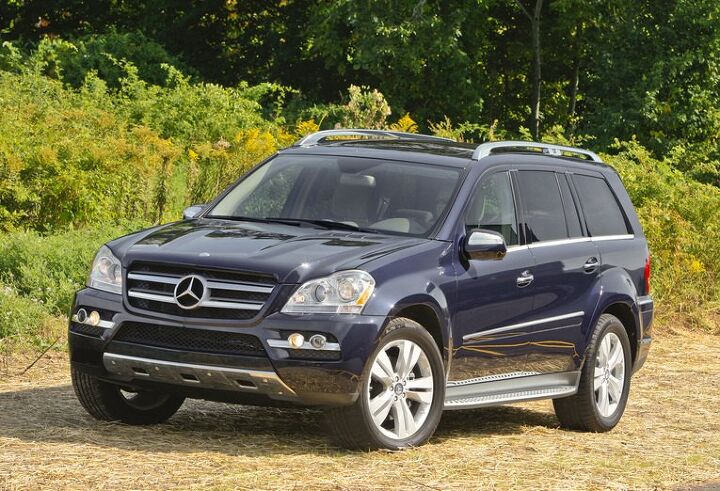
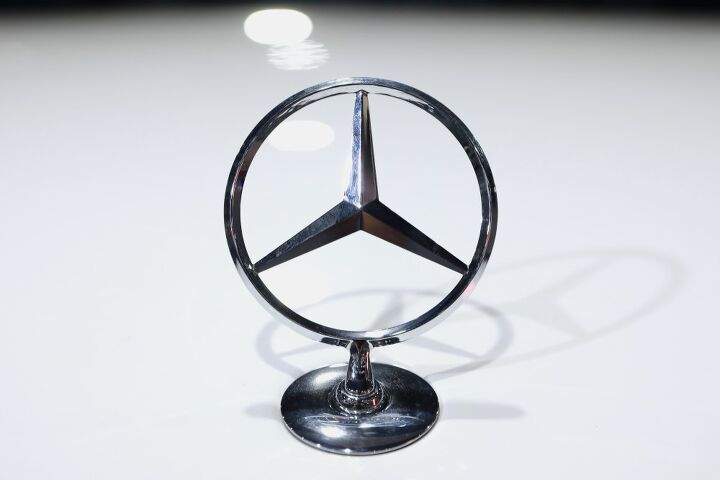
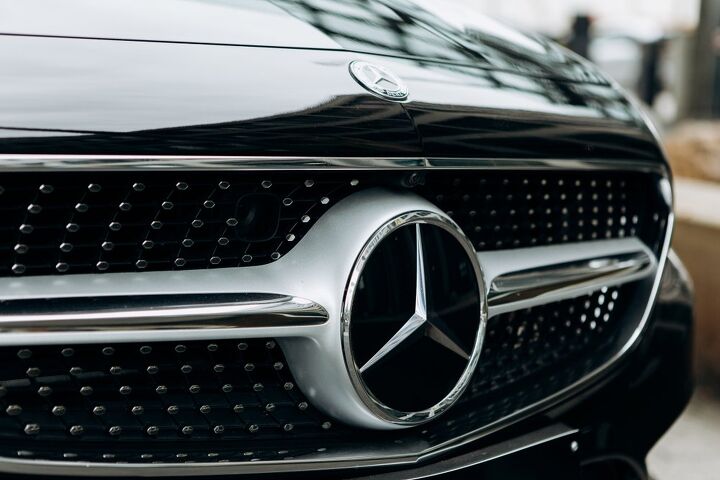
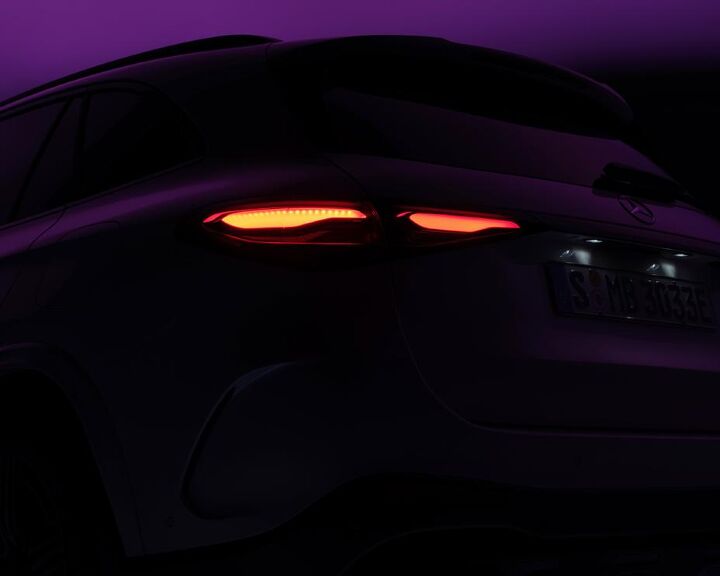
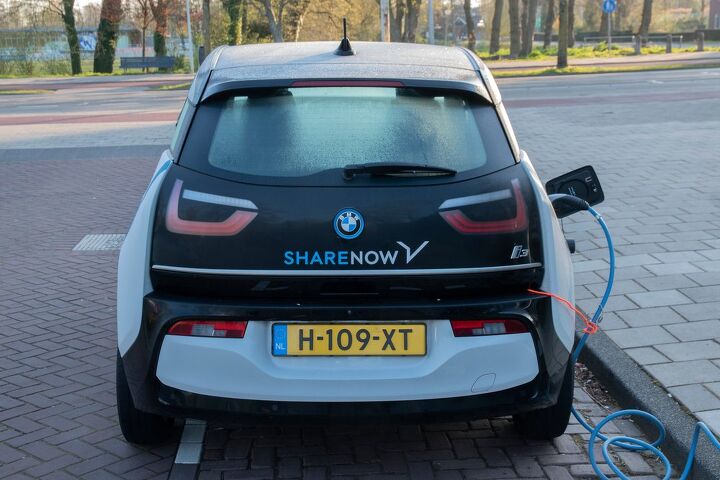
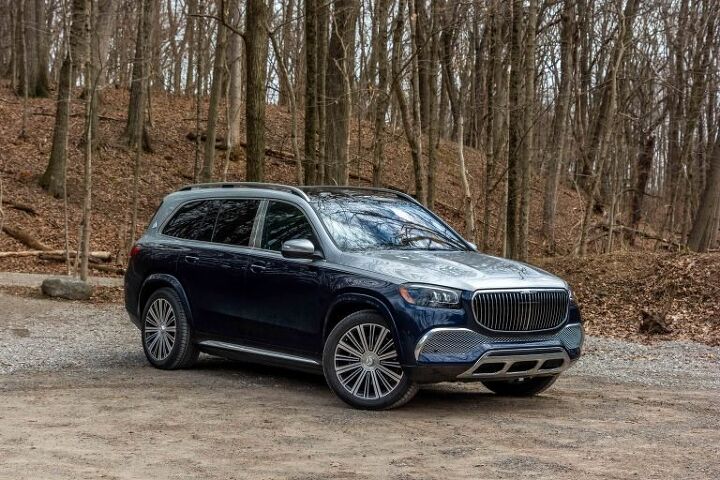
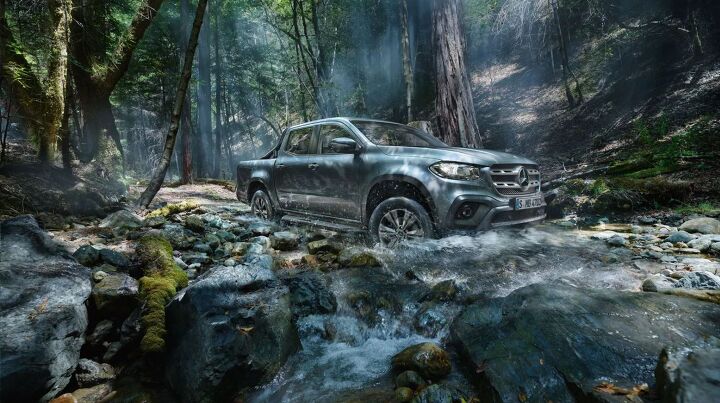
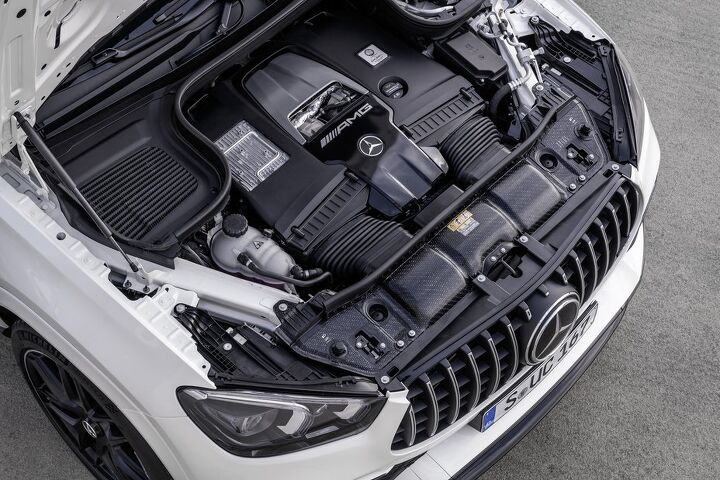
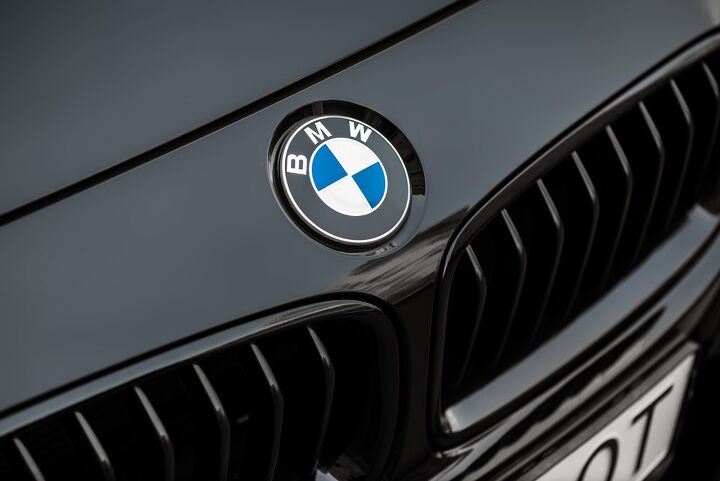
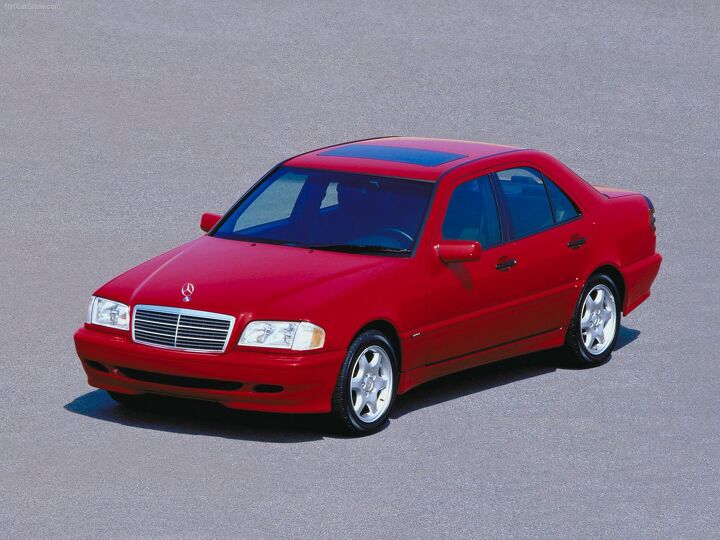



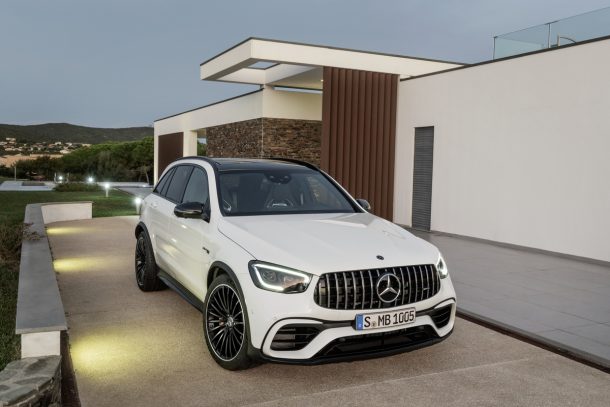












Recent Comments